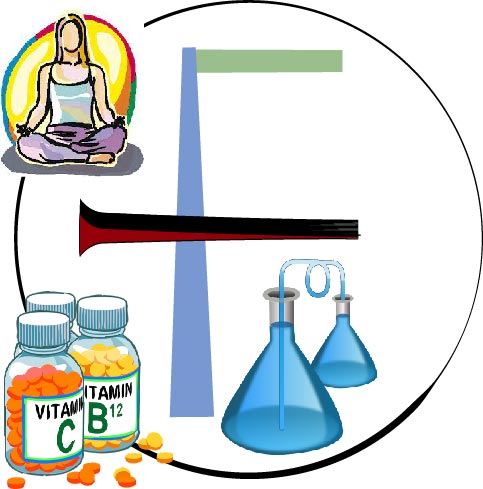The production of medicines is crucial to the growth of Europe’s life science sector, driving demand for manufacturing space across the continent. While R&D is vital, delivering products to market requires adherence to Good Manufacturing Practice (GMP) guidelines.
Key European Hubs
Certain European regions, notably Ireland, Switzerland, the Netherlands, Belgium, and Germany, are becoming key biopharmaceutical manufacturing hubs. This is due to government incentives that attract companies looking to expand.
What is a GMP Facility?
A GMP facility follows regulations ensuring consistent production and control of pharmaceuticals. These facilities are typically bespoke, featuring:
- Laboratory and office spaces
- Clean rooms
- Warehouses for production, storage, and distribution
Why Europe?
Post-pandemic, the focus on drug creation and distribution has intensified. Europe offers several advantages:
- European Medicines Agency (EMA): Ensures robust regulatory framework and quality control.
- Incentives: Government grants, financial incentives, and access to talent make Europe attractive for pharmaceutical companies. For example, Bristol Myers Squibb chose the Leiden Bio Science Park in the Netherlands for its European base.
Case Examples
- Batavia Biosciences: A 12,000 sq m GMP facility in Leiden, funded by developer Provast with Savills advising CBRE IM.
- Autolus Therapeutics in the UK: Pre-let 6,967 sq m in Stevenage for a GMP facility to manufacture T-cell cancer therapies.
Future Trends
Smaller companies, unable to afford their own facilities, are using Contract Development and Manufacturing Organizations (CDMOs). This trend will increase demand for GMP facilities, merging life sciences with industrial and logistics sectors, and presenting investment opportunities for built-to-suit projects.
